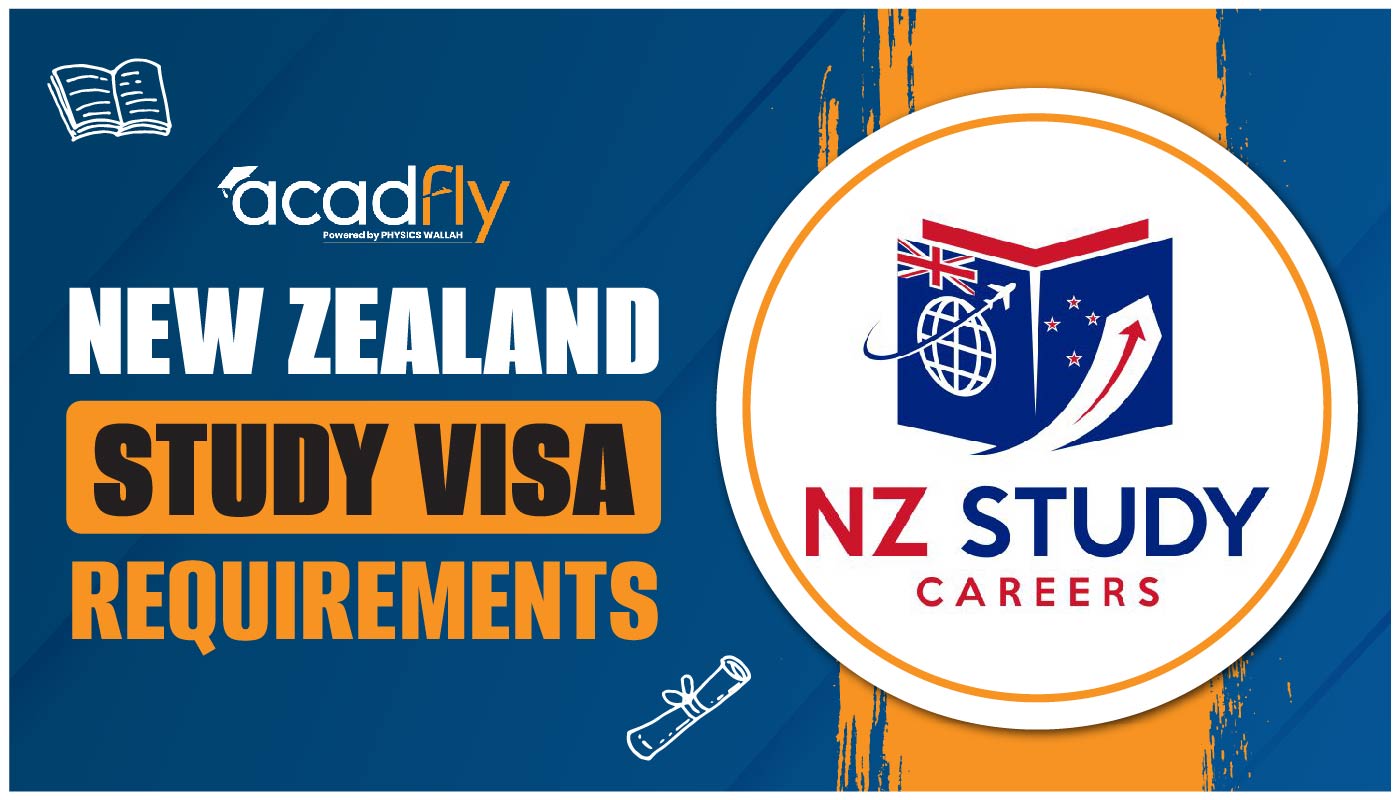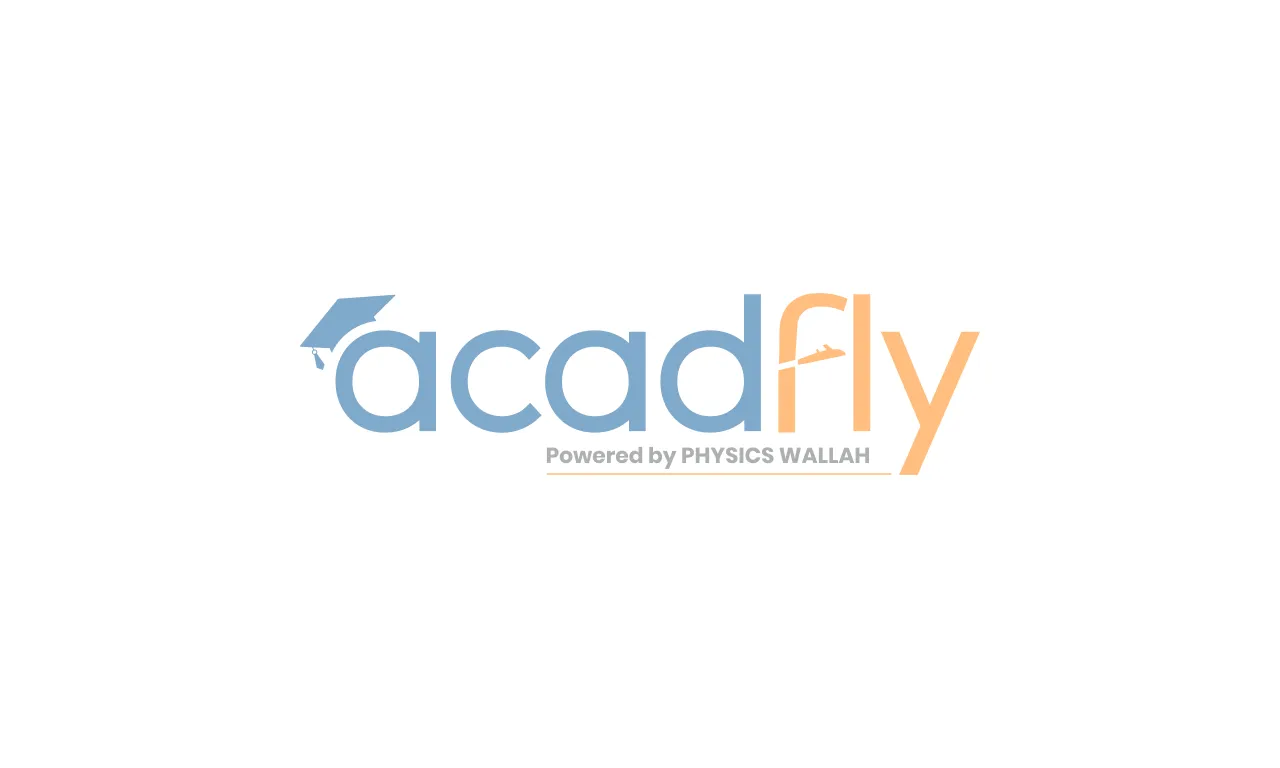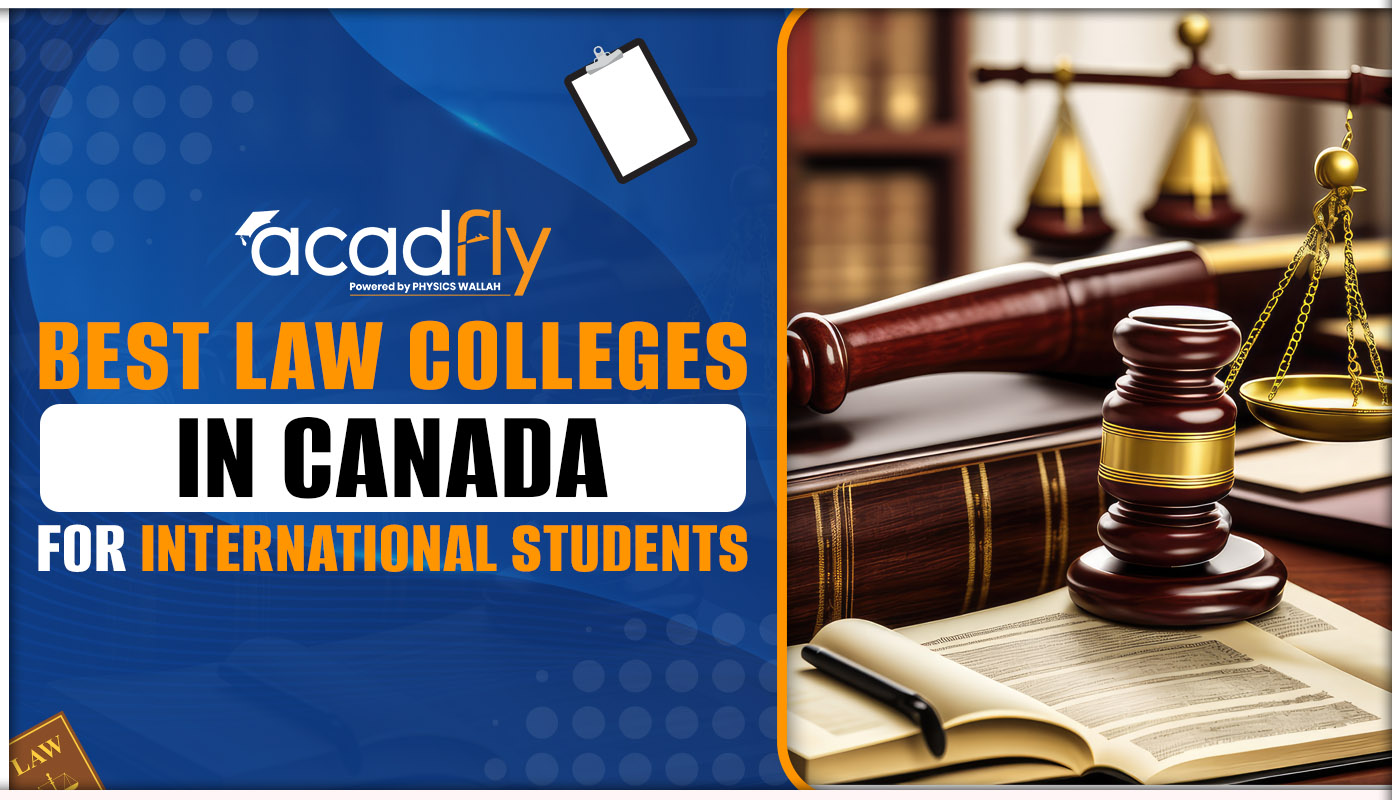


5 Essential Tips to Study in Ireland
Knowing the 5 Essential Tips to Study in Ireland is important for candidates if they are aiming to secure good career opportunities. Moving overseas can feel overwhelming as Visa rules, housing searches, and financial planning are complex steps. Here are the 5 Essential Tips to Study in Ireland that every student must know.
-
Choose the Right School
It is important for candidates to choose the right university for their academics. Getting a degree from an Ireland public university opens many doors. Ireland public universities have high standards. You must show good academic results. Below are the Entry Requirements for Top Courses
-
Undergraduate Students need strong results from your high school. Aim for at least 75% in your 12th grade.
-
Postgraduate Students need a good Bachelor’s degree. A minimum of 60% is required.
-
English Language: You must prove you speak English well. An IELTS score of 6.0–6.5 is common. A TOEFL score of 79–90 is also acceptable.
Using IDP Ireland universities for Help
You can also opt for education agents to apply for admission. They can make the paperwork easier.
-
Agents help collect your documents. This includes transcripts, passport copies, and your Statement of Purpose .
-
Agents who charge very low fees often work for the universities that pay them commissions. They may not choose the best course for you.
-
Do your own research first. Pick your own Ireland public universities. Then, use an agent like IDP Ireland for the paperwork. Do not let them choose your academic path. This is one of the 5 Essential Tips to Study in Ireland.
Below are the Key Documents Needed for Application:
-
Academic Transcripts, i.e., Proof of past grades (Undergraduate/Postgraduate)
-
English Language Test Scores of IELTS/TOEFL.
-
Passport Copy for identity.
-
Plan Your Essential Budget
Money management is important. You must know the total Irish university costs. This includes tuition and living expenses.
Tuition Fees Ireland Public Universities
Tuition fees change a lot. They depend on the course and the school.
-
Average Tuition: Expect to pay between $9,000 and $32,000 USD per semester. Some schools list fees around €12,500 per year .
-
The €6,000 Rule: You must pay a minimum amount upfront for your visa. If the full fee is less than €6,000, you pay it all. If the fee is more than €6,000, you must pay at least €6,000 before applying for the visa.
-
Full Payment: Remember, the university may demand full payment even if the immigration minimum is €6,000. Plan for these high Irish university costs.
Living Expenses: Dublin vs. Regional Cities
Your cost of living depends on where you study. Dublin is the most expensive city .
-
Dublin Cost: A single person's monthly living cost in Dublin is around €2,627. Rent for a one-bedroom place is about €2,540 per month.
-
Limerick Cost: Living outside Dublin saves a lot of money. In Limerick, the monthly cost is about €1,969. Rent averages €1,375 for a one-bedroom place.
-
The Saving Strategy: Sharing accommodation is an essential tips to study in ireland for students. Many students rent a room in a house (called 'digs'). This greatly lowers your Irish university costs.
|
Expense Type |
Dublin (Monthly Estimate) |
Limerick (Monthly Estimate) |
Cost Difference |
|
Shared Rent/Accommodation |
€1,000 – €1,500 |
€700 – €1,200 |
Dublin is 30%+ higher |
|
Groceries/Food |
€320 – €536 |
€250 – €511 |
Cook at home to save |
|
Transport Pass |
€96 |
€60 |
Get the LEAP Young Adult Card |
This financial planning is part of the 5 Essential Tips to Study in Ireland.
-
Proving Your Funds
Your visa application needs solid financial proof. This is a non-negotiable step. You must prove you can support yourself.
Below €10,000 Rule is Explained
The Irish government is strict about money. This is key to knowing Who can sponsor for student visa in Ireland.
-
You must show you have ready access to €10,000. This money is for living costs only. It is separate from your paid tuition fees.
-
You must also prove access to €10,000 for each year you study after the first. Plus, you need the tuition fees for those years.
-
You need an up-to-date bank statement. It must show all transactions for the last six months. If you put in a large amount of money suddenly, you must explain it in writing.
Understand Your Sponsor
Who can sponsor for student visa in Ireland? The sponsor is the source of your funds.
-
Usually, your parents or legal guardians are sponsors.Official student loans from a bank are also accepted.
-
The sponsor must sign a declaration. This confirms they agree to support you financially. A strong application includes a letter from the sponsor. It should promise financial support for the full length of your course.
-
The bank statements must clearly show the sponsor’s name, address, and account number on headed paper.
Meeting this financial bar is one of the crucial 5 Essential Tips to Study in Ireland.
-
Finding the Right Location
Ireland has amazing cities for students. However, your choice affects your daily life and budget. This is a very important part of the essential tips to study in Ireland for students.
Dublin is the capital. It offers the biggest job market. It is home to many great Universities in and around dublin.
-
Trinity College Dublin (TCD) is famous for history and excellent research .
-
University College Dublin (UCD) is a major research university. It has a huge international student body (25%) .
-
Dublin City University (DCU) is strong in business and technology .
The competition for housing near these Schools in Dublin, Ireland is intense. You must search early.
Limerick University Ireland
Look outside Dublin to save money. Regional colleges like Limerick University Ireland provide high quality education at lower costs .
-
As noted, Limerick rent is much lower than Dublin rent. This makes your life easier.
-
Limerick University Ireland offers a good experience. They have great facilities and lots of clubs. They offer courses in Irish Studies and Creative Writing.
-
For Schools in Dublin, Ireland, consider 'digs' (a room in a family home). This is cheaper than student halls.
-
Work Legally
After arriving, you must handle practical steps. This lets you work and integrate. This is the last of the 5 Essential Tips to Study in Ireland.
Get Your PPS Number
You need a Personal Public Service (PPS) number to work legally. Without it, you cannot be paid. You can apply online through MyWelfare.
-
You need proof of an Irish address to get the PPS number. If you do not have long-term housing yet, ask your temporary hostel manager or university principal for a letter. This speeds up the process.
-
Bank Account: You also need an Irish bank account to receive your wages.
Your Right to Work (Stamp 2)
Most international students have a Stamp 2 immigration permission. This allows you to work part-time. This helps reduce your Irish university costs.
-
You can work up to 20 hours per week when school is on.
-
You can work up to 40 hours per week during holidays. This includes June, July, August, September, and mid-December to mid-January.
-
The current minimum wage is €11.30 per hour. Working 20 hours a week makes a big difference to your budget.
Embrace the Culture
Irish culture is welcoming and friendly.
-
Join university clubs and societies. This is the right way to meet people and fight homesickness. Limerick University Ireland and Universities in and around dublin have hundreds of choices.
-
Irish people are generally relaxed, but they value being on time for classes and formal events.
These 5 Essential Tips to Study in Ireland are everything you need to know.
FAQs
Q1. What is the main financial requirement for a student visa?
A1: You must show access to €10,000 for living costs for your first year, plus tuition fees.
Q2: Can international students work while studying in Ireland?
A2: Yes, Stamp 2 visa holders can work 20 hours per week during term time and 40 hours during holidays.
Q3: Are Schools in Dublin, Ireland much more expensive than others?
A3: Yes, Dublin is significantly more expensive, especially for rent, compared to cities like Limerick .
Q4: Can an external person act as a sponsor for my study visa?
A4: Yes, parents, legal guardians, or loan providers can sponsor you, provided they sign a commitment declaration.
Frequently Asked Questions










